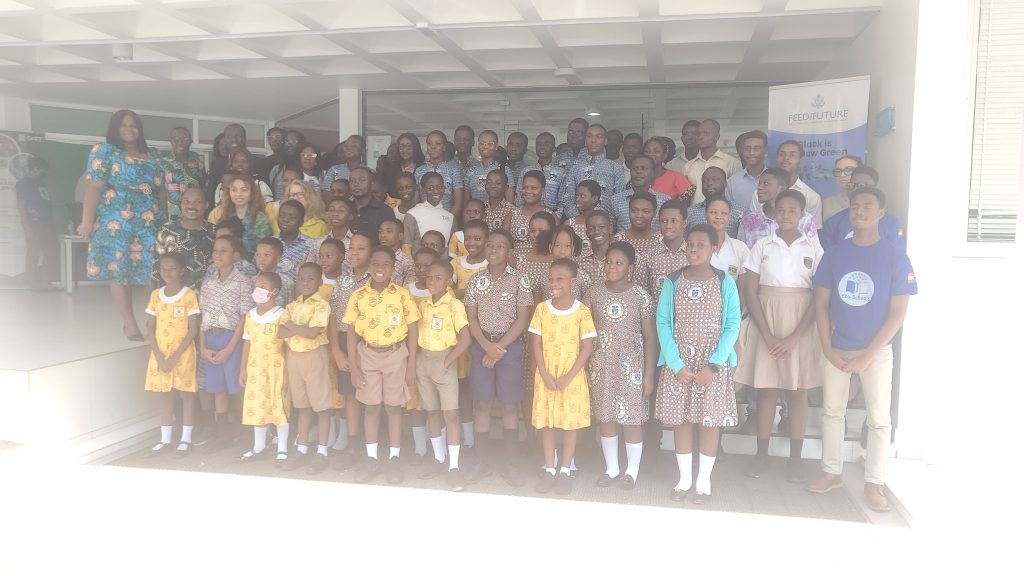|
Getting your Trinity Audio player ready...
|
Professor Benedicta Fosu-Mensah, Acting Director of the Institute of Environmental and Sanitation Studies, University of Ghana, has called for the integration of sustainable development into the country’s educational curriculum.
She said that sustainability should be taught from primary school through to universities, where students could learn about the connections between ecological, economic, and social systems. “Sustainable development is not just about preserving natural resources. It is about fostering societies where economic growth, social inclusion and environmental protection go hand in hand,” she said at a conference on Education for Sustainable Development in Accra.
The conference was part of the 10th anniversary celebrations of Eco-schools in Ghana. It was organized by the Centre for Sustainable Transformation (CeST). Prof. Fosu-Mensah stated that education must serve as a catalyst, equipping individuals with the knowledge, skills, values, and attitudes needed to make meaningful contributions to society. “Education should not only impact knowledge but also inspire action.
“We must prioritize inclusivity whether through our own environmental projects, community services or partnerships with local and global organizations,” she said. Prof. Fosu-Mensah emphasized that education for sustainable development should be accessible to everyone, not just a privileged few, regardless of gender, socioeconomic status, or geographical location.
She called for society to make conscious efforts to address barriers such as poverty, discrimination, and the lack of infrastructure, which prevent millions of children from accessing quality education. Prof. Fosu-Mensah stressed that everyone should have the opportunity to acquire and update their skills to contribute to sustainable solutions. She underscored the crucial role of educators in driving change and development, urging authorities to invest in their training and provide the necessary resources to ensure their success.
Madam Hilde Opoku, Co-Founder of CeST, said that over the years, the Centre had organized various programmes, including Young Reporters for the Environment (YRE), Eco-schools, and Eco-campus. She explained that the YRE programme allowed young people aged 11 to 30 to research environmental issues and promote solutions through investigative reporting, photography, and video journalism. The Eco-schools initiative educates students at all levels about the Sustainable Development Goals, while Eco-campus focuses on an award program that offers a framework to guide higher education institutions on sustainability.
Source: GNA


